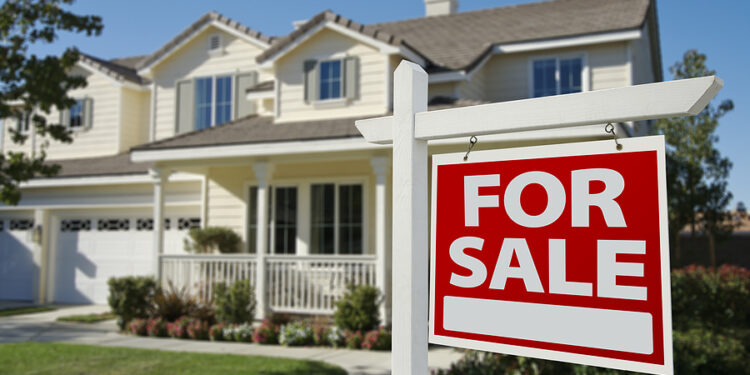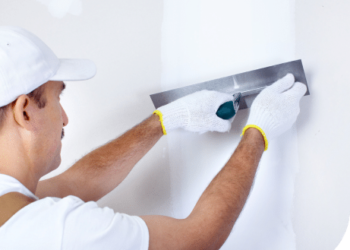When real estate agents mention staging your home, they mean getting it ready to look its best for potential buyers. Staging helps highlight your home’s best features, making it more appealing and easier to sell at a great price.
Since not everyone stages their homes, especially in lower price ranges, doing so can give you a big advantage. It helps your home stand out and can lead to a quicker sale for more money. Let’s explore how you can do it.
Table of Contents
What is a Quick Sale?
A quick sale happens when someone needs to sell their home fast, usually within a few weeks to a couple of months. This could be due to reasons like financial problems, a divorce, or a job relocation. To make the sale happen quickly, the seller often lists the property at a lower price than its market value to attract buyers right away. Buyers interested in a quick sale usually need to act fast and have their financing ready. This type of sale can work well for both sides—the seller gets to move on quickly, and the buyer often gets a good deal on the property.
Factors of Quick Home Sale
Let’s dive into the main factors that can influence how quickly you sell your home. It mostly comes down to what’s happening in the market with buyers and sellers.
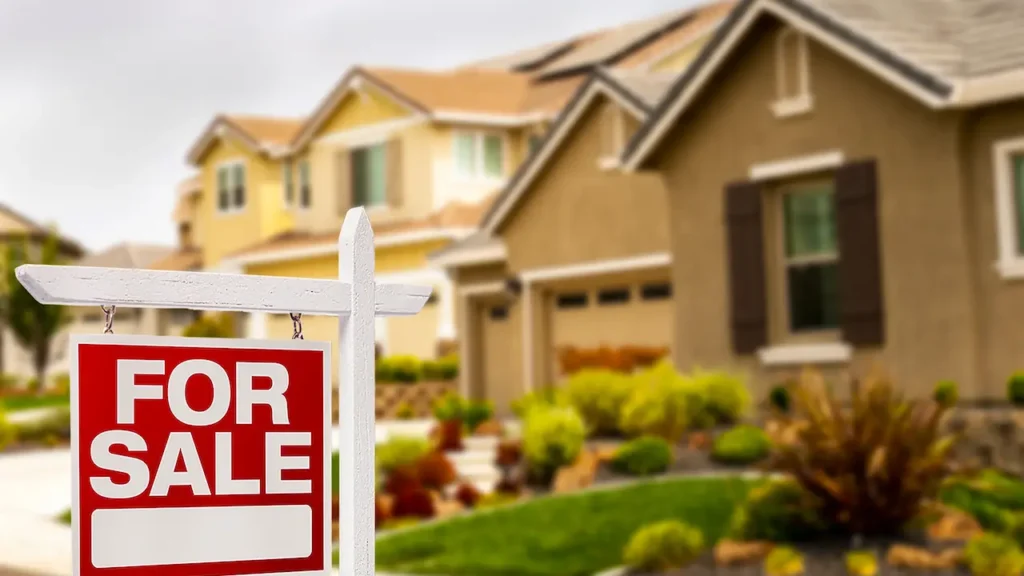
Local and National Market Conditions
The state of the market plays a huge role in how fast homes sell. In a seller’s market—where there are more buyers than available homes—properties tend to sell quickly. On the flip side, a buyer’s market, with plenty of homes but fewer buyers, can slow things down. Market activity can vary widely, not just by state but even from one city to another.
Your Home’s Price
Setting the right price for your home is crucial if you want a quick sale. If your home is priced too high, it might sit on the market without any offers. But if you price it competitively, you’re more likely to attract interest and get offers faster.
Your Home’s Location
If your home is in a great spot—like a top school district, close to shops, or in a popular neighborhood—it’s likely to sell faster. Some websites even rank homes based on how easy it is to walk, drive, or use public transport from them. These “walk scores” can be a big selling point!
Your Home’s Condition
A move-in-ready home usually sells quicker than one that needs a lot of fixing up. Buyers love a clean, well-kept house because it means less work for them. While you can sell a home that needs repairs, it often takes longer. A good real estate agent will know which repairs are worth doing to make your home more appealing.
The Skill of Your Agent
A skilled real estate agent can make all the difference in selling your home quickly. They know how to market your home to attract serious buyers fast. Experienced agents also have connections and strategies that can help reduce the time your home sits on the market. In fact, top agents often sell homes quicker and for more money than average ones!
Buyer’s Payment Method
If a buyer is paying cash, the process usually moves much faster because there’s no need to wait for mortgage approvals. This can speed things up by a few weeks!
No Contingencies
When buyers don’t include contingencies like inspections or appraisals, it can really speed up the sale. A simple, straightforward offer can make the whole process go much smoother and quicker.
Your Selling Goals
How quickly your home sells also depends on your goals. If you’re flexible with negotiations or willing to offer incentives, it can help move things along faster. We’ll share some tips on seller incentives later!
Your Selling Method
Selling to a cash buyer or a house-buying company is one of the quickest ways to sell. These sales often skip many of the usual steps, closing in just days or weeks. However, keep in mind that these companies usually offer less than traditional buyers.
Home Staging for quick sale
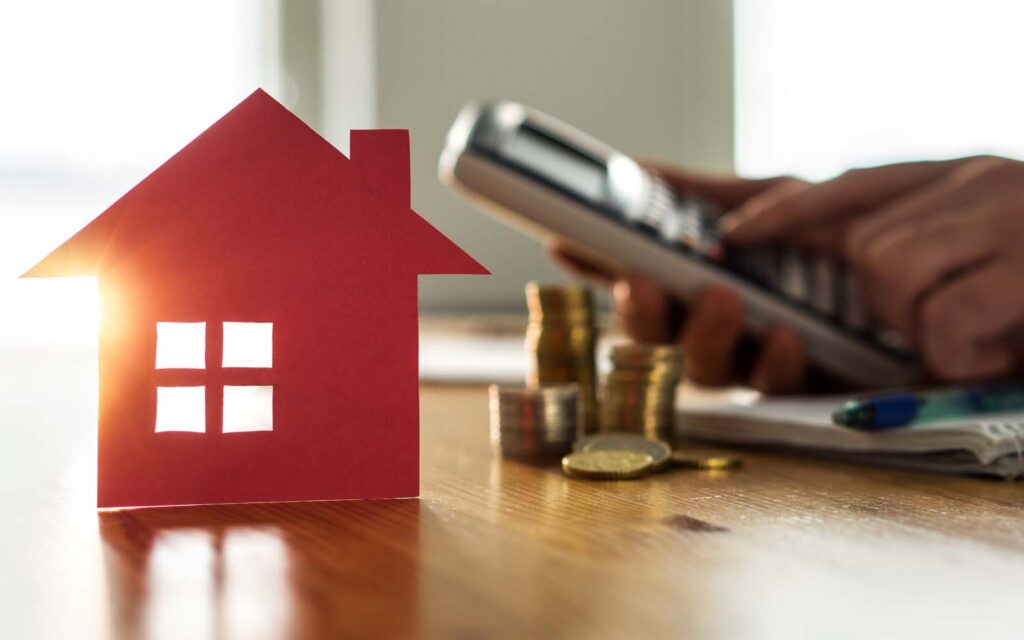
Staging helps buyers see what your home could look like. It makes rooms feel bigger, shows off the best features, and creates a cozy, inviting atmosphere. This can lead to quicker offers and even higher selling prices. In fact, a survey from HomeLight found that staged homes can sell for up to 13% more than ones that aren’t. Home Staging is an easy way to make your home more appealing and help buyers imagine living there, which can make selling faster and more rewarding.
Clean your home
A clean home tells buyers you’ve taken great care of it. Clean every part of the house, from the floors to the ceilings, and everything in between. If your kitchen appliances aren’t brand new, make sure the ones you have are shining. Bathrooms should sparkle, too—don’t forget the corners of the tub, the sink drain, and even that hidden spot behind the toilet. The goal is to make everything look fresh and new, leaving buyers with the impression that the home has been well-maintained and cared for.
Declutter
Clutter creates two big problems:
- It distracts buyers from your home’s best features.
- It makes the space seem smaller.
Now’s the time to pack away things you don’t use every day—like knickknacks, games, papers, seasonal clothes, and messy hobbies. Also, get rid of things you no longer need, like expired food or clothes and toys your kids have outgrown. The more empty storage space you can show, the better!
Remember, less is more. A single vase with fresh-cut flowers looks better than having knickknacks cluttering every surface. Keep it simple and clean!
Depersonalize
Buyers need to picture themselves living in your home, so it’s best to remove family photos, keepsakes, and refrigerator art. Keep clothes out of sight and make sure bathroom counters are clear, except for hand soap. Also, tuck away any toys and anything else that’s too personal or reminds buyers of the current occupants. The goal is to create a neutral space where potential buyers can imagine making it their own.
Keep envoirment fresh
A few potted plants can really brighten up your space and make it feel fresh. If you have many plants, spread them out so they don’t overwhelm any area (unless you’re lucky enough to have a greenhouse!). Just make sure none of your plants are dead or dying, as that won’t help the overall vibe.
Another way to freshen up your home is by eliminating odors. Things like pets, kids, dinner smells, and damp bathrooms can leave an unwanted scent. Simple solutions like baking cinnamon apples or cookies, or lighting a vanilla-scented candle, can make a big difference.
For kitchen odors, try wiping down the sink with half a lemon and grinding it in the garbage disposal. Avoid using air fresheners, as they can trigger allergies. If you smoke indoors, limit it to outside and deodorize the space. And don’t forget to take out the trash—fresh air goes a long way!
Define Rooms
Make sure each room has one clear purpose, and that every corner of the room serves a function. This helps buyers imagine how to use the space to its fullest. For example, turn a finished attic into an office, a basement into an entertainment area, or a cluttered room into a guest bedroom.
Even if the buyer doesn’t use the room for the same thing, it’s important that they see every part of the home as usable space. Don’t forget those little areas like alcoves, window seats, and breakfast nooks—they all add value to the home.
Wallpaper and Paint
Chances are, a potential buyer might not be a fan of your wallpaper. It’s usually a good idea to remove it and paint the walls a neutral color instead. Painting over wallpaper can look messy and might give the impression that there’s work to be done later.
The same goes for custom paint colors. While you might love your bold orange bathroom, personal color preferences can vary greatly. You might think white walls are a great idea because they create a blank canvas, but warm, neutral tones actually work better. They make the space feel inviting and let buyers imagine their own style.
Flooring
Nobody wants to buy a home with dirty, stained carpet, especially when someone else caused the mess. Linoleum also feels outdated and cheap. On the other hand, hardwood floors add value and class to a home. They’re low-maintenance, last a long time, and are great for buyers with allergies. Plus, they’re a crowd-pleaser—if someone doesn’t like them, they can easily carpet over them and still keep them for future buyers.
If you’re adding hardwood floors, focus on common areas like the living room, dining room, and kitchen. Upgrading the bathrooms is a good idea too, since they’re smaller and cost less. For kitchens and bathrooms, ceramic tile or stone is ideal, but if you’re on a budget, high-quality vinyl tiles that look like these can work great.
Lighting
Make the most of your home’s natural light by opening all curtains and blinds when showing it. Add lights where needed and make sure to turn them on, even in the closets. This will help your home look brighter and more welcoming, plus it saves buyers the trouble of searching for light switches. If your current fixtures are fine, just give them a good dusting and clean off any dirt. If not, replacing outdated or broken light fixtures is easy and inexpensive, and it can make a big difference in how your home looks.
Furniture
Make sure your furniture fits the size of the room and avoid overcrowding it. Too large furniture can make a room feel cramped, while too little or small pieces can leave it feeling cold.
Also, don’t settle for cheap furniture. You don’t need to spend a lot of money to replace what you have, and renting furniture for staging is an option. Just make sure it looks neat, inviting, and stylish. Adding throw pillows can brighten up the space with color and contrast.
When arranging furniture, aim for a layout that makes the room feel spacious, cozy, and easy to move around. For the living room, create a comfortable setup for conversations.
Walls and Ceilings
Cracks in the walls or ceiling can be a big turn-off for buyers, as they might signal foundation issues. If your home has foundation problems, it’s best to either fix them or let potential buyers know about them. Fixing the foundation is the better option if you want to sell quickly. If the foundation looks bad but an inspector says it’s fine, go ahead and repair the cracks. This way, you can avoid scaring off buyers for no reason and make your home look more appealing.
Exterior
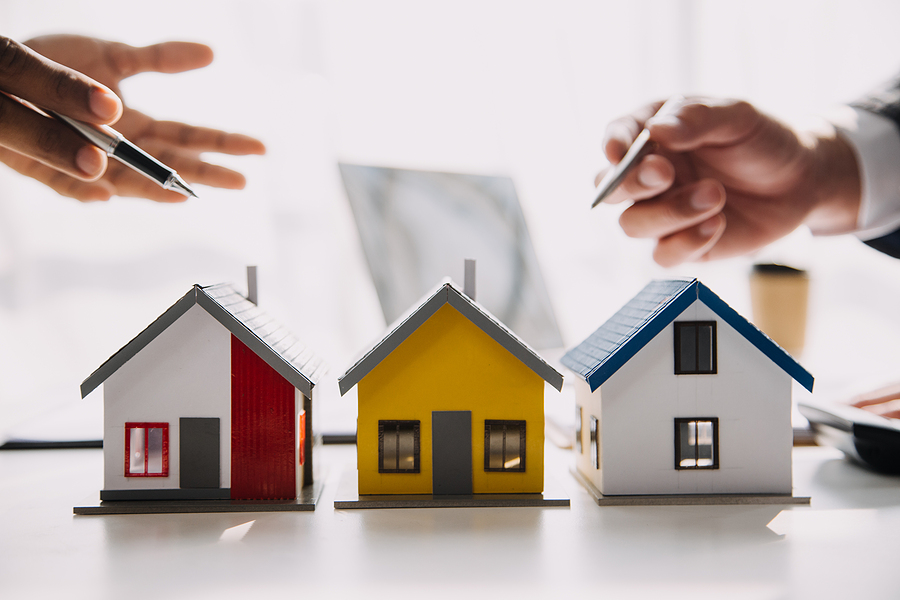
The exterior and entryway are key to your home’s curb appeal, making a big impact on a buyer’s first impression. A clean, tidy outside can even spark their interest in seeing the inside of your home.
Keep your lawn, hedges, and trees well-maintained, and remove any weeds. Clean the windows and consider adding flower boxes for extra charm. If possible, power wash your home’s exterior—it’ll give it a fresh look without the cost of painting.
Clear the sidewalk and add new doormats. If you have a pool, make sure it’s sparkling clean. You can also create an inviting outdoor space with a deck or patio to boost the home’s appeal.
Final Touches
Before any open house or showing, add a few last-minute touches to make your home feel warm and welcoming. Place fresh flowers in vases, open the windows for about 10 minutes to let in fresh air and avoid a stuffy smell, light some candles with soft, subtle scents, and replace the bathroom towels with new, fluffy ones. These simple steps will help your staging make the best impression!
How does Ouick sale work?
Sell as-is: This means the homeowner sells the house without making any repairs. It’s a great way to save time and avoid extra stress.
Work with a cash buyer: Here, the homeowner sells directly to a cash buyer. This often means a quicker, simpler sale without waiting for financing approvals.
Conclusion
Staging your home is one of the smartest moves to attract buyers and make a fast sale. By setting a welcoming mood, highlighting your home’s best features, and making rooms feel bigger, you’ll leave a strong impression on potential buyers. Simple changes like fresh paint, clearing out clutter, and arranging furniture nicely can really make a difference. It’s not just about decorating—it’s about helping buyers picture themselves in the space. Whether you hire a pro or stage it yourself, the effort will pay off. A well-staged home can lead to quicker offers and even a higher price. It’s an investment in both your home’s appeal and your selling success.

